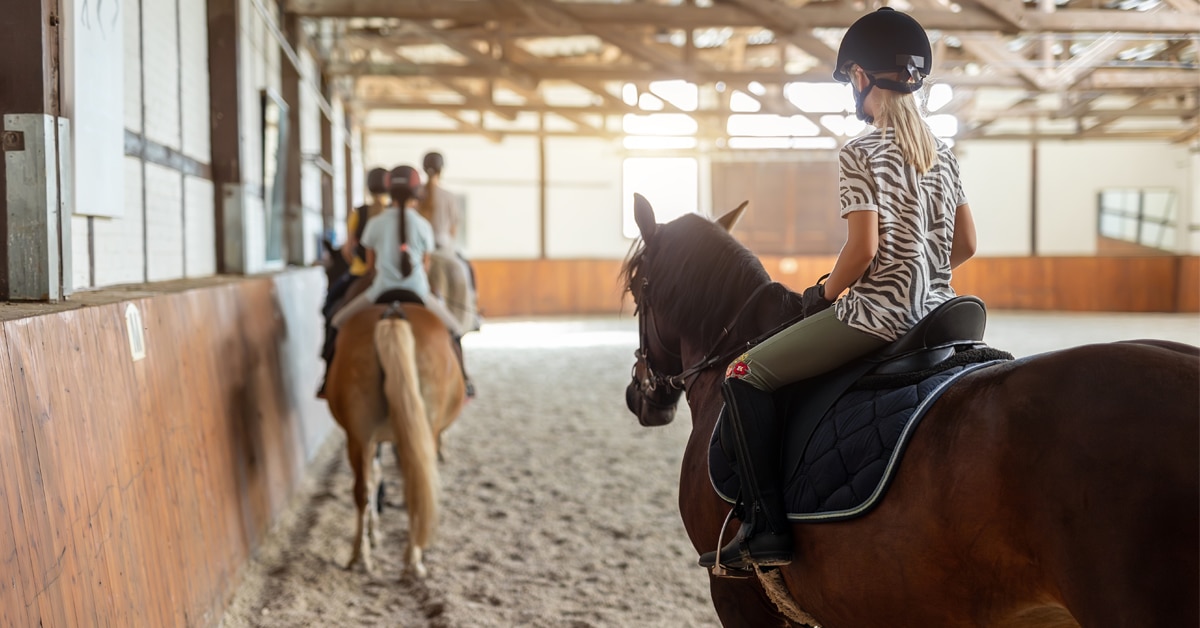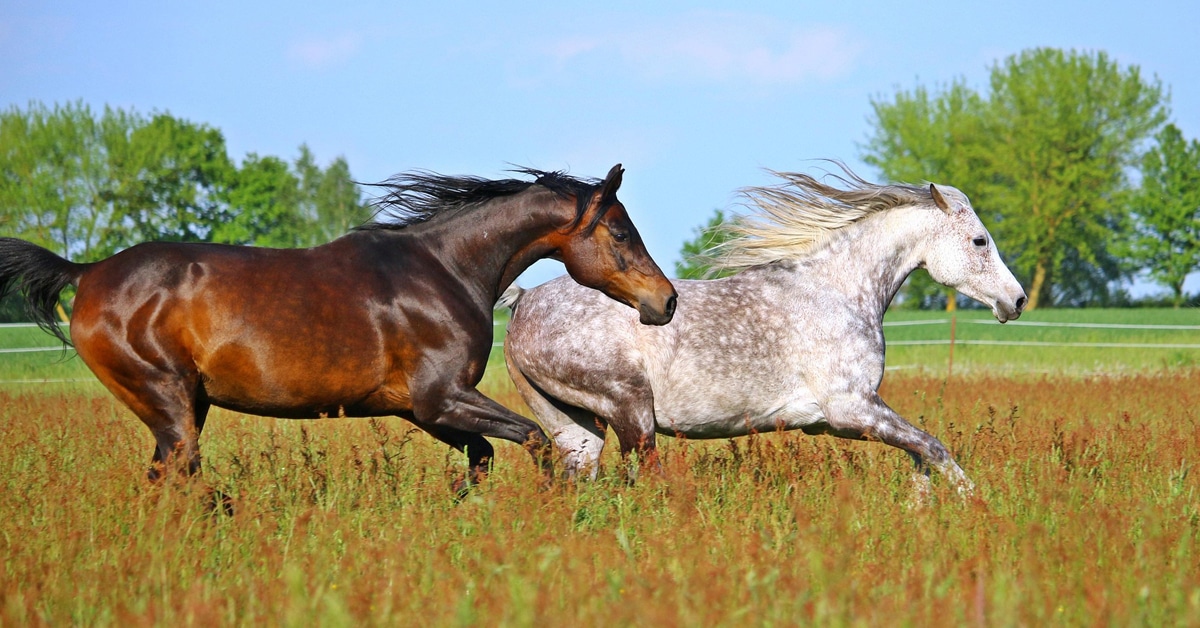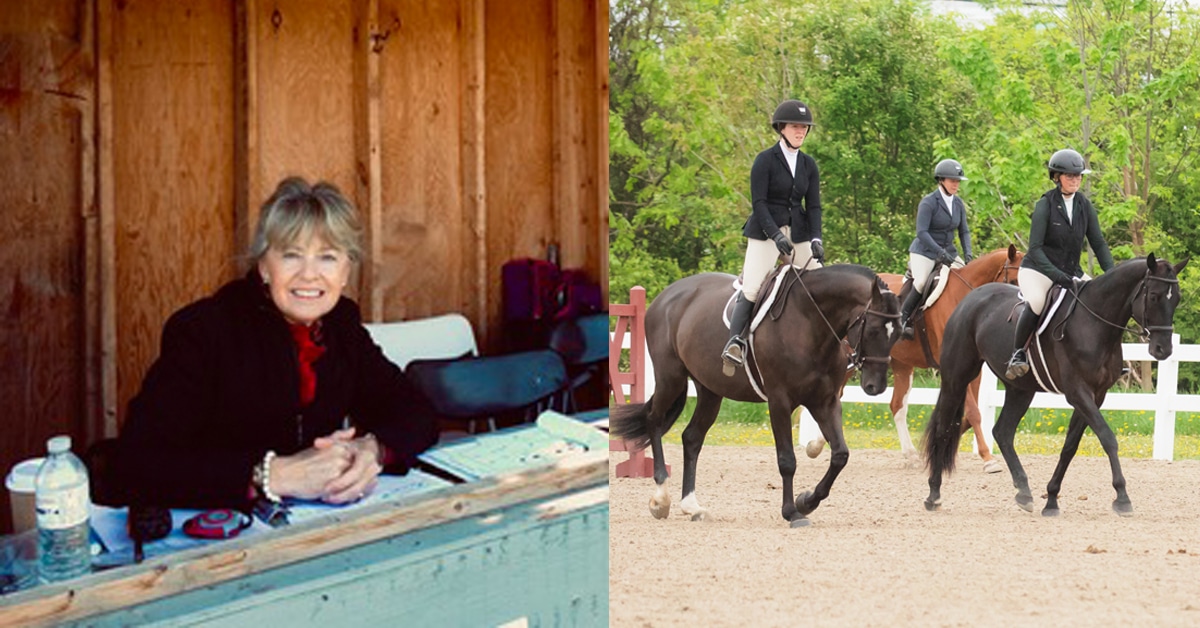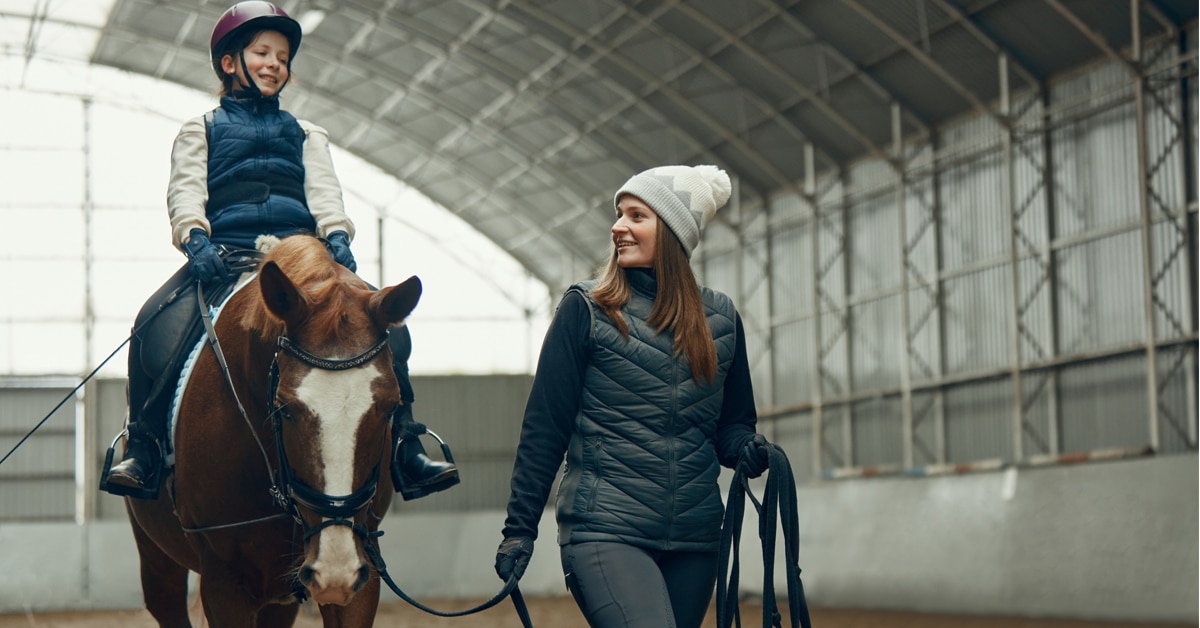The horse world is steeped in history, and that’s part of its charm. But this devotion to tradition has often been the cause for the industry lagging behind other sectors in adopting change. Thankfully, the industry is realizing that education is the true cornerstone of progress. Across Canada, a new wave of programs is preparing riders, coaches, and business owners to lead a safer, smarter, and more sustainable equestrian future.
Bridging Gaps in Knowledge
No area has evolved more dramatically than coaching. The era when anyone could manage a few walk-trot lessons and call themselves a “coach” is rapidly changing. Today, coaches at any Equestrian Canada (EC) sanctioned event must be registered with EC and certified by the National Coaching Certification Program (NCCP) to officially hang out their shingle as a Licenced Equestrian Coach.
Your Provincial and Territorial Sport Organizations (PTSOs) offer coach training programs to enhance safety, improve horse welfare, and professionalize coaching. These certification pathways do more than teach technique, they build understanding around fitness, ethics, and responsibility.
And coming soon, EC’s new “Learn To” programs (launching in 2026) will replace the old Learn to Ride/Learn to Drive model. Aligned with Canada’s Long-Term Athlete Development Framework, they’ll give riders and drivers a clear, progressive roadmap to improve their skills through eight stages while emphasizing consistency, safety, and a shared national standard.
“Acera is well known for our commitment to education through partnership,” said Mike King, a partner at Acera. “We have developed and distributed risk management information for coaches that cover everything from recognizing exposure to horse welfare and best management practices.”
The next opportunity for growth is tackling the knowledge gap that some barn owners and professionals lack. Many stable operators are great with horses but less confident when it comes to things like payroll, risk management, or employment law. That’s starting to change as PTSOs roll out business courses and workshop for equine professionals.
Imagine a world where all barn managers understand accounting, HR, and liability just as well as lunging and saddle fit. These are the foundations of a thriving, sustainable equestrian economy and they’re key to keeping people and horses safe.
Champions of Learning
Education isn’t just about mastering a half-pass or how to teach the next Olympians. It’s also about learning better horsemanship skills to improve the lives of our horses. From nutrition, to lameness, to understanding biosecurity, there are a wide variety of courses to help make you a better horseman. Trailblazers like Gayle Ecker at Equine Guelph continue to push the envelope, reminding us that learning is a lifelong pursuit. Her programs on equine welfare and continuing education have put Canada on the map as a leader in evidence-based equestrian care.
“Equine Guelph has partnered with Mike King and Acera for years to promote better education in the horse industry,” said Gayle Ecker, the Director of Equine Guelph. “Mike sees the value in using the latest research and best practices in the horse industry and has been a committed partner to the Equine Guelph program.”
“People like Gayle have really set the standard, proving that education isn’t just about skill, it’s about values,” commented King who has worked with Ecker for decades. “Acera supports Gayle and the Equine Guelph program because we believe in raising the bar for what it means to be a good horseperson.”
Looking Ahead
The future of the horse industry depends on its willingness to learn, adapt, and share knowledge. Partnerships with universities, colleges, and research institutions are key and will help connect equestrian professionals with cutting-edge developments in veterinary medicine, agronomy, and technology.
And learning doesn’t stop at the barn gate. Public education events like open barn days, school visits, and community demos help demystify what we do and build a stronger bond between the public and the horse world.
To continue to build on the successes of the past, the equestrian industry must continue to invest in educational initiatives that address the evolving needs of the industry. Whether it’s coaches earning new credentials, barn owners taking business courses, or riders learning how to care for their horses more responsibly, the entire industry thrives when we invest as much in knowledge as we do in our horses.
The Latest










